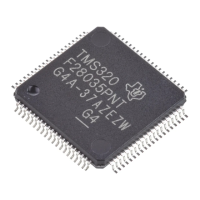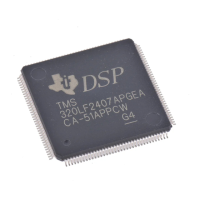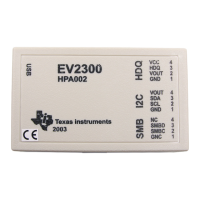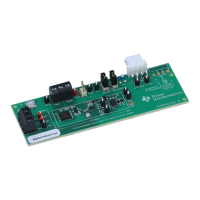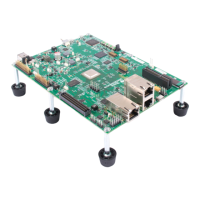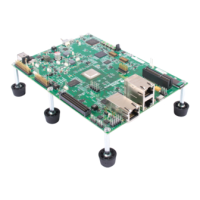TMS34010
C
Run-Time
Environment
-FP-INCR
-FP_ITOD
-FP-UTOD
-FP-DTOI
-FP-DTOU
-
FP-ITOF
-FP-UTOF
-FP-FTOI
-FP-FTOU
-FP-FTOD
-FP-DTOF
fp-error
Takes one double and returns
two:
the
top
of
the stack
is
the original argument incremented by one; the second
item on the stack
is
the original argument (unchanged).
Converts the signed integer argument (in
AS) to a
dou-
ble return value.
Converts the unsigned integer argument (in
AS)
to
a
double
return value.
Converts the double argument
to
a signed integer return
value (in
AS). .
Converts the double argument
to
an
unsigned integer
return value (in
AS).
Converts the signed integer argument (in AS)
to
a float
return value.
Converts the unsigned integer argument (in
AS)
to
a
float return value.
Converts the float argument
to
a signed integer return
value (in
AS).
Converts the float argument
to
an
unsigned integer re-
turn value (in
AS).
Converts the float argument
to
a double return value.
Converts the double argument
to
a float return value.
Called when
an
exception occurs in one
of
the
float-
ing-point
math routines. Takes one argument, the error
number. These numbers
are
defined by the floating
point
package,
as
is
the action
of
the function (see Appendix
D). This function
is
not
generally called from user code
but
by the floating
point
package. This function
follows
standard calling conventions, so it can be defined en-
tirely in
C.
5.5
Function
Call
Conventions
All function calls performed in the
C.
environment
follow
a strict set
of
rules
used by the compiler
to
avoid corruption
of
the
run-time
environment. The
rules depend on
whether
arguments
are
to
be passed
to
a function, whether
the function returns a
value, and the type
of
the return value
(if
any).
Figure 5-1 illustrates a
function
call.
5-7
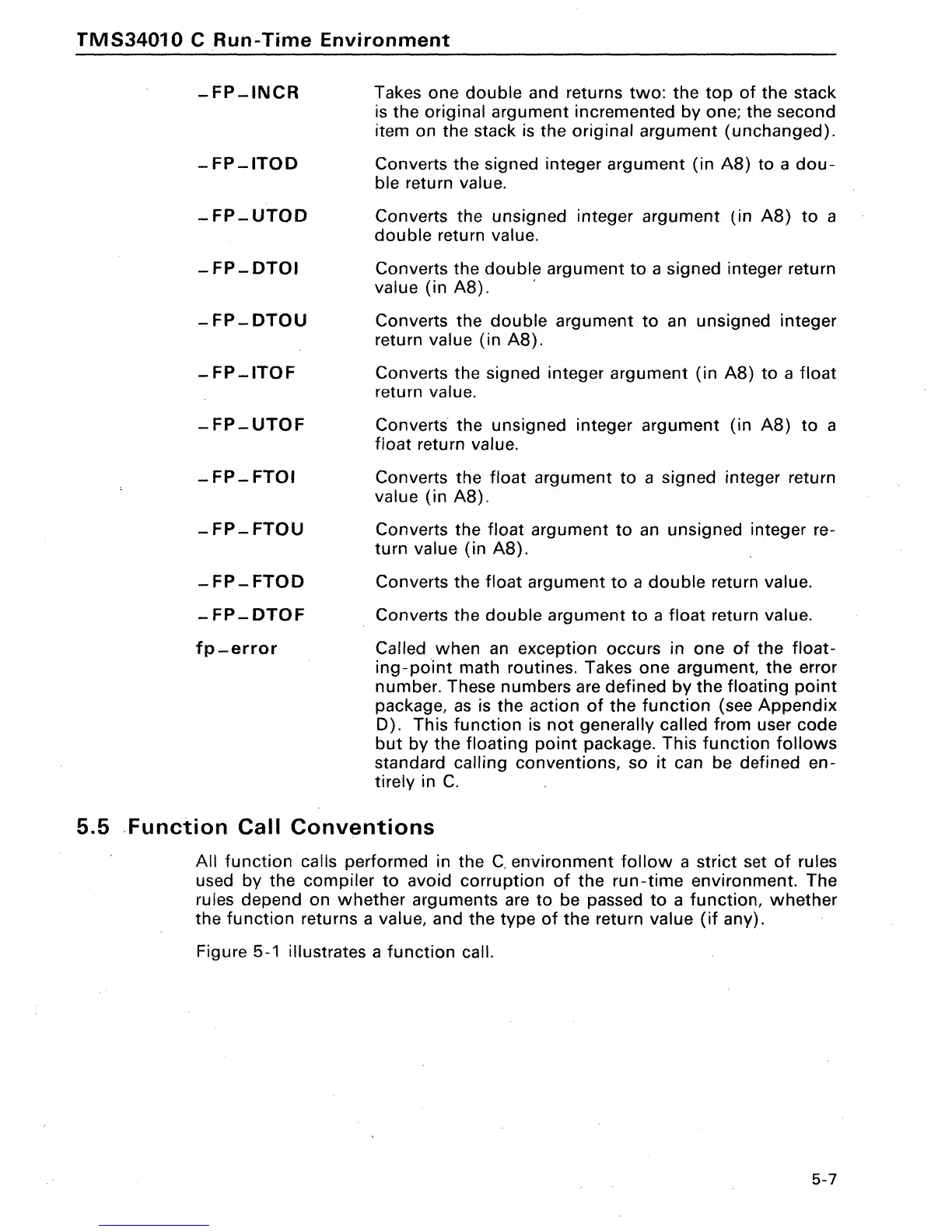